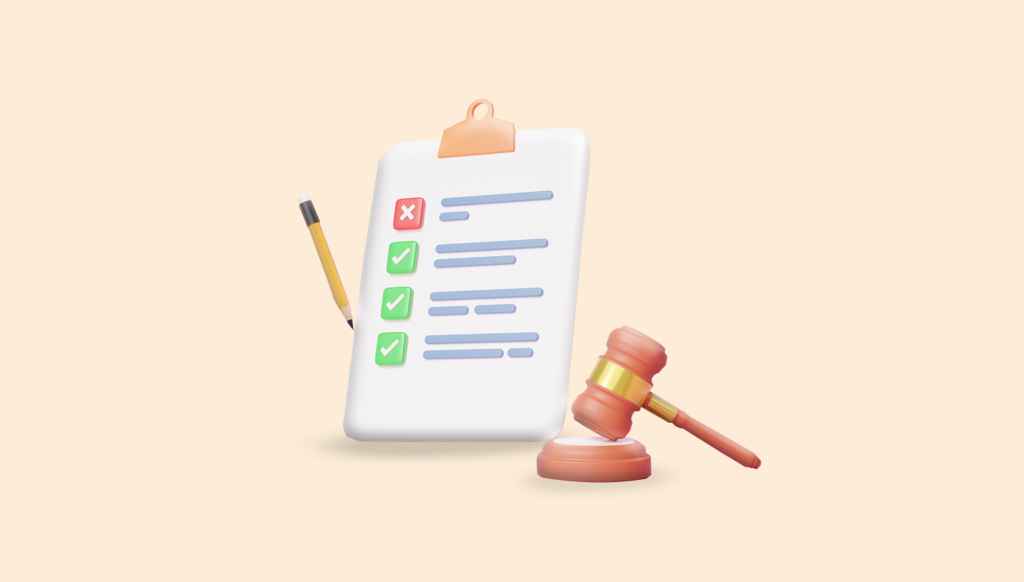There is a lot to manage when you own a business. In addition to keeping track of your business’s finances, handling customer service, and selling your main product or service, many city, county, and state governments require companies to get a business license.
Many new business owners may not know which licenses are required for their operation. Investigating what you require to stay on the right side of the law is vital. This article helps you determine which business licenses you may require and how to obtain a business license for your company.
what exactly is a business license?
A business license is a government document authorizing your organization to engage in specific activities.
Many firms do not require licenses. Only those who deal with anything that could be hazardous or harmful to the environment, handle or sell prohibited drugs or commodities, or make products for human consumption will almost certainly need one.
Obtaining a license can be as simple as submitting and filling out a form or as complicated as undergoing a costly, rigorous evaluation procedure.
Additionally, because beginning a business without a license or permit can result in serious legal ramifications, it’s essential to understand your licensing requirements if you have any doubts or worries.
While obtaining a business license may be another step to take before you can begin operations, they provide significant advantages (in addition to keeping you on the right side of the law!).
why do I need a business license?
Business licenses demonstrate to your consumers and clients that you are operating your new company following the rules and regulations, which builds trust and confidence in you and your operation. Licensing may be costly and time-consuming in certain highly regulated businesses, but rules are usually in place for a purpose.
Also, register your business structure with your state’s Secretary of State, which is different from obtaining a business license. A permit may be necessary regardless of your business structure. Even a sole proprietorship or a non-profit organization may be required to obtain municipal business licenses in order to function.
what kinds of business licenses are available?
For certain economic activities, the federal government mandates licenses or permissions. Regulatory agencies such as the United States Department of Agriculture, the Federal Aviation Administration, and the Bureau of Alcohol, Tobacco, Firearms, and Explosives are in charge of these. The following are the primary commercial operations that necessitate government licensing or permitting:
- Agriculture
- Alcoholic drinks
- Aircraft
- Guns, ammunition, and explosives
- Fish and wildlife
- Commercial fisheries
- Maritime Transportation
- Mining and drilling
- Nuclear energy
- Radio and television broadcasting
At SBA.gov, the US federal agencies for business licenses have a list of government entities that issue business licenses.
State and local requirements vary greatly depending on the region. Certain states and cities have strict business license requirements, while others are known for allowing enterprises to operate with little regulation.
explore more: how much does it cost to start a business?
Avoiding business licensing requirements by registering your firm in another state is generally not a good idea. If you live and work anywhere, you must observe the rules and regulations of that jurisdiction.
Zoning regulations, state and municipal taxes, and other permit and licensing requirements may all impact your company.
These licenses may include a general business license, a seller’s permission, fictitious doing business as (DBA) name registration, and any industry-specific licenses. Professional licensure is typically necessary for salons, restaurants, contractors, medical practitioners, childcare providers, and legal professionals.
Local SBA offices, Small Business Development Centers (SBDCs), Chambers of Commerce, and government agencies can help with local and federal licensing. If you want or need more counsel, working with a reputable attorney who can guide you through the procedure is preferable.
related resource: accounting for startups and small businesses a quick crash course
how to apply for a business license
In most circumstances, obtaining a business license begins with submitting a business license application. In the best-case scenario, you can finish the application and make any necessary payments online in one sitting. This helps you to complete the process quickly and begin earning money.
The following are the essential stages of obtaining a business license:
- set up your business
Before you get your business license, you need to register your business with your state and ask the Internal Revenue Service (IRS) for an Employer Identification Number (EIN). An EIN is a tax ID number. It can be used to open a bank account, pay employees, and file taxes, among other essential things.
- submit the license application
Some online applications can be completed in minutes, while others may require days or weeks of planning and preparation. Either way, fill out the application and check for problems before submitting it.
For a basic license, you must supply your company name, EIN, personal contact information, and information unique to the license you desire or need.
- fulfill any additional license requirements
Companies with more stringent standards may need to coordinate with government officials for inspections and testing. For instance, you require certification from your state’s health department if you work in the food service industry.
You should receive approval quickly if you apply for a primary business operating license or tax permit. In some states, you may be accepted online right away.
Basic company licenses and registrations will cost between $50 and $300. These fees are a business tax often paid to the Department of Revenue or another local government body to assist in funding the expense of the business license program and enforcement.
related resource: the consequences of missing tax deadlines
If business owners find the licensing procedure daunting, they might employ a lawyer or specialist to handle license applications and other requirements.
But, depending on your location’s industry and criteria, experienced business owners may often manage this independently, saving time and money.
Remember that you may face fines or other consequences if you follow the DIY route and make a mistake or overlook something. If you require any extra information, approach the appropriate authorities.
how Countick can assist
Countick America’s top-rated professional bookkeeping solution for small businesses assists you with critical business requirements. Every company must file an accurate tax return with the IRS and, in some cases, your state. Handling your bookkeeping, accounting, and tax preparation can be time-consuming and difficult.
Countick manages your monthly bookkeeping and annual tax filings so you can focus on running your business rather than worrying about accounting errors or missing out on a key tax deduction or credit.
Small businesses new to Countick can begin with a free trial (no credit card required). With a professional bookkeeper and year-round income tax assistance, we have over a decade of expertise assisting businesses. Start started for free right now.
obtaining the necessary business permits is crucial!
Licenses may not be optional when running a business. You must strictly adhere to those regulations if you work in any region or industry requiring business licenses.
Then you can focus on providing the best product or service possible in order to develop a profitable business for years to come.




